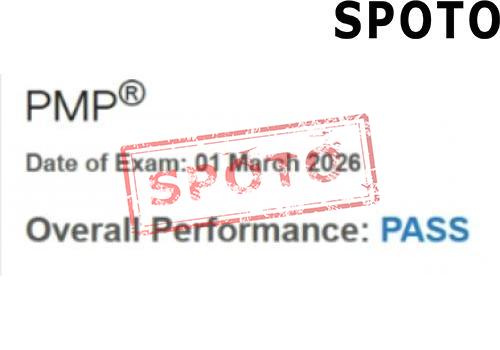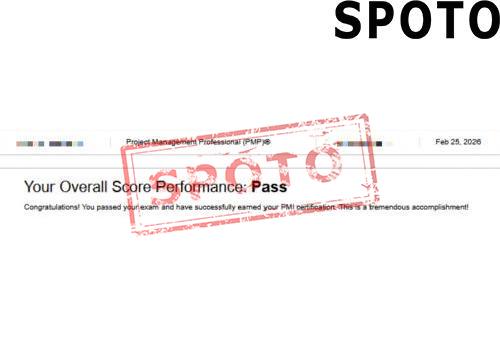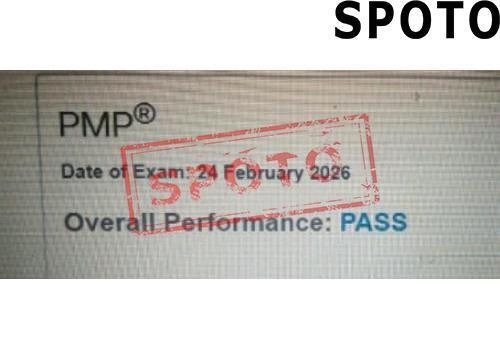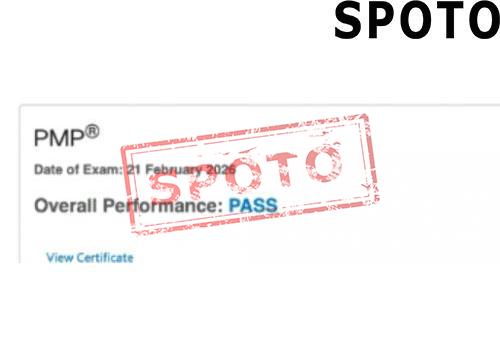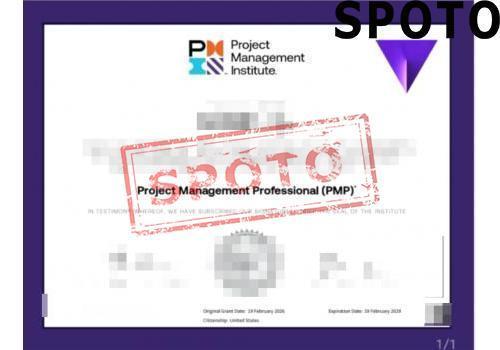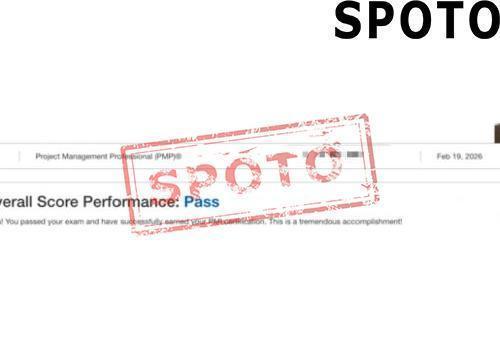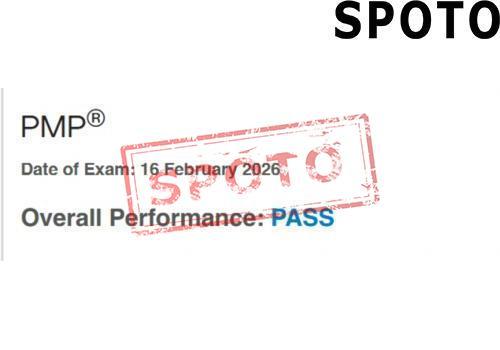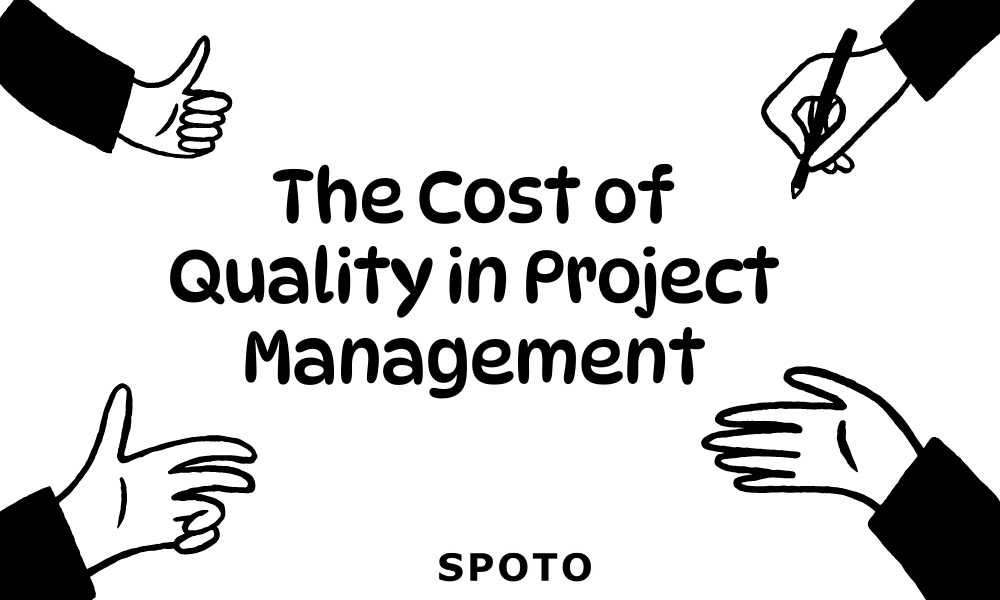
Table of Contents
Introduction
a. Importance of quality in project management: Quality is a pivotal factor in the success of any project, influencing customer satisfaction, reputation, and overall project performance.
b. Definition of cost of quality (CoQ): CoQ encompasses all expenses related to ensuring a project meets defined quality standards, including prevention, appraisal, and failure costs.
Understanding the Components of CoQ
a. Prevention costs: Expenses incurred to prevent defects, such as training and process improvements.
b. Appraisal costs: Costs associated with evaluating and monitoring quality, like testing and inspections.
c. Internal failure costs: Costs related to defects found before delivery, including rework and scrap.
d. External failure costs: Expenses arising from defects discovered after delivery, such as warranty claims and recalls.
The Relationship Between Quality and Project Success
a. Impact of poor quality on project outcomes: Subpar quality can lead to increased costs, delays, and diminished stakeholder satisfaction.
b. The role of CoQ in ensuring project success: Effective management of CoQ helps in achieving project objectives while maintaining quality standards.
Factors Affecting CoQ
a. Project size and complexity: Larger, more complex projects typically incur higher CoQ.
b. Stakeholder expectations and requirements: Higher expectations can lead to increased CoQ to meet quality standards.
c. Communication and collaboration within the project team: Effective teamwork can reduce CoQ by preventing misunderstandings and errors.
Strategies for Managing CoQ
a. Implementing quality assurance processes: Establishing systematic procedures to ensure quality standards are met.
b. Conducting regular inspections and audits: Periodic assessments help identify and rectify quality issues early.
c. Investing in employee training and development: Skilled personnel are less likely to make mistakes, reducing CoQ.
d. Collaborating with suppliers and vendors: Partnering with reliable suppliers can enhance quality and reduce related costs.
Measuring and Monitoring CoQ
a. Key performance indicators (KPIs) for CoQ: Metrics such as defect rates and customer satisfaction scores help evaluate CoQ effectiveness.
b. Analyzing and interpreting CoQ data: Data analysis aids in identifying trends and areas for improvement.
c. Making data-driven decisions to improve quality and reduce costs: Leveraging CoQ insights to inform strategic decisions.
Case Studies: Real-world Examples of CoQ Implementation
a. Success stories of organizations effectively managing CoQ: Examples of companies that have successfully reduced costs while maintaining high quality.
b. Lessons learned from projects with significant CoQ issues: Insights from projects that faced challenges in managing CoQ.
Conclusion
a. Recap of the importance of CoQ in project management: CoQ is crucial for achieving project success and maintaining quality standards.
b. Key takeaways for ensuring quality and minimizing costs in project execution: Effective CoQ management involves proactive prevention, regular monitoring, and continuous improvement.
